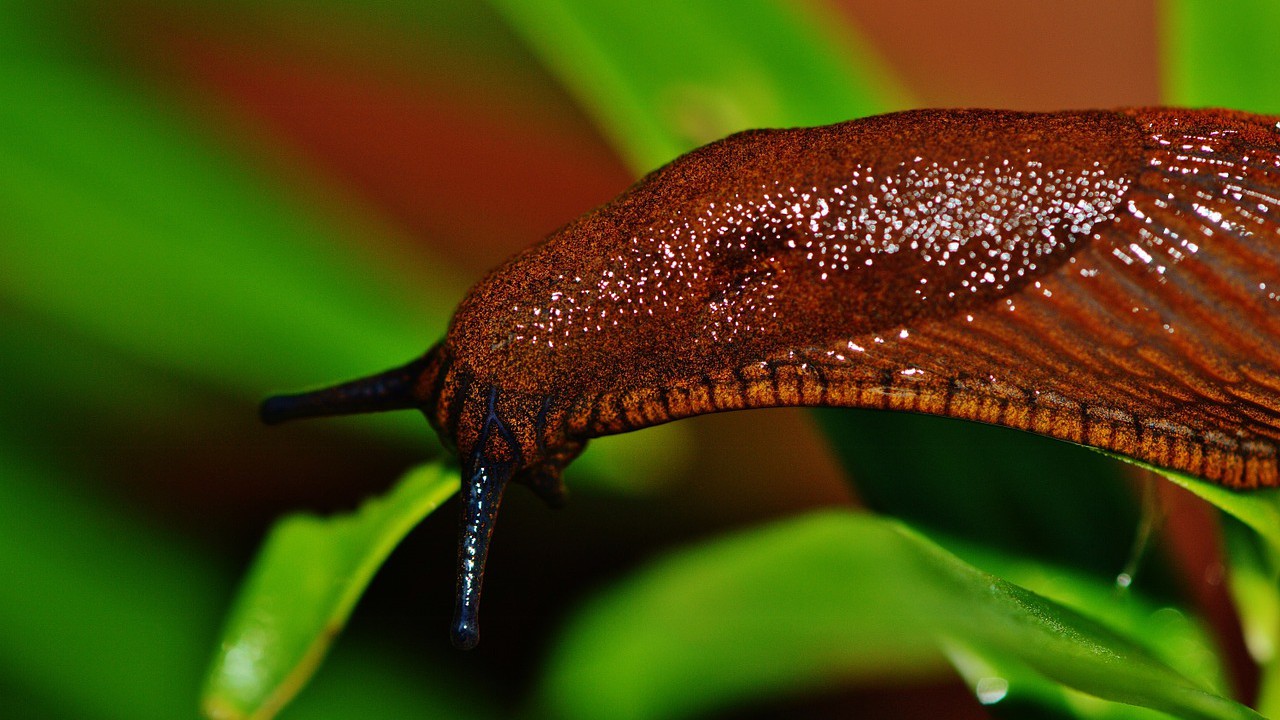In an unprecedented move, the decision by the former Secretary of State for the Environment to ban metaldehyde slug pellet products has been declared unlawful.
In December, Defra ruled to withdraw all products containing metaldehyde with immediate effect.
However, the High Court has approved an order, agreed this week by the company that’s challenged the legality of the ban, that formally overturns that.
“Metaldehyde is back on the market and we’ve reverted to where we were eight months ago,” confirmed Philip Tavener of Chiltern Farm Chemicals who took the legal action to bring Michael Gove’s decision before the High Court.
The sell-out and use-up periods previously put in place no longer apply; it’s business as usual.
“Chiltern is ensuring that supplies of metaldehyde slug pellets will be available with immediate effect from its normal distribution channels.”
He explained that the legal basis of Defra’s withdrawal decision required the former Secretary of State for the Environment, Michael Gove to form his own view on the impact of the metaldehyde products on non-target species, but he did not do so.
“A few days before a hearing was due to take place in the High Court, the Government conceded that its decision-making process was flawed. The decision was unlawful,” Tavener said.
Chiltern Farm Chemicals, one of the largest suppliers of molluscicides in the UK, disputes the environmental impact of its products on non-target species.
Tavener explained: “We have been working with the industry for over 10 years, as part of the Metaldehyde Stewardship Group (MSG), to steward the responsible use of these products.
In 2017, an enhanced MSG stewardship programme, that had been approved by officials at the CRD (Chemicals Regulation Division), was launched and introduced new buffer zone requirements, promoted reduced usage and the adoption of Integrated Pest Management.
He added that retaining metaldehyde in the market removes the industry’s dependence on a single slug control solution and provides farmers with an important, reliable and trusted treatment for controlling the arable sector’s most damaging pest.
The Court’s order confirms that the applications for product re-authorisation remain outstanding, and Defra are required to decide afresh as to whether to grant re-authorisation for the products or to revoke the existing authorisations, in accordance with Article 46 of the EC Regulation.

